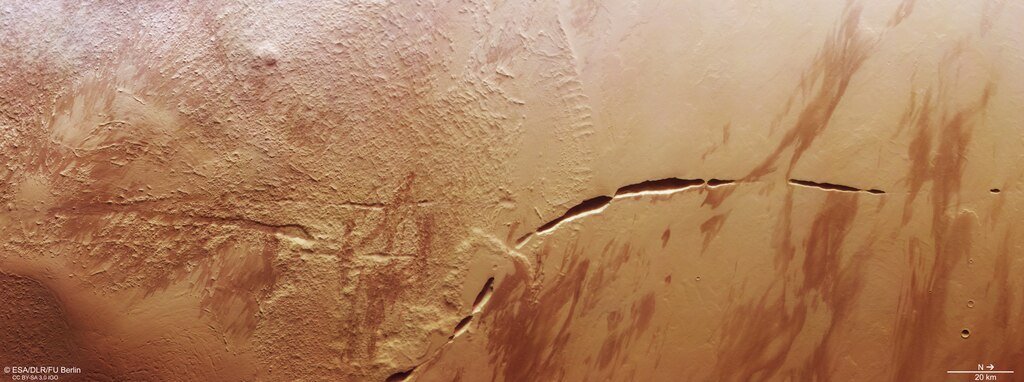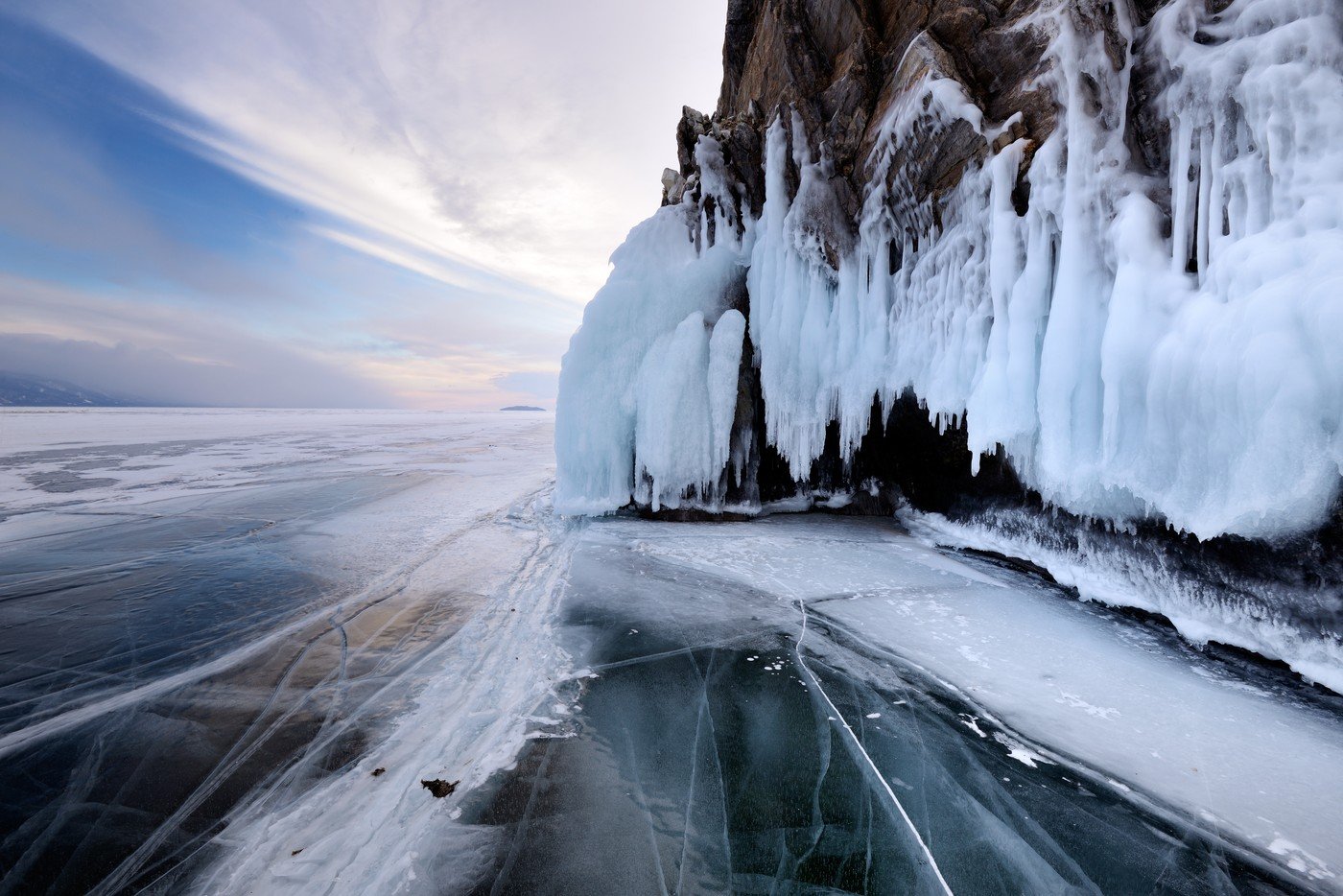For the first time, an Ice Age wolf, which became extinct about 44,000 years ago, has been dissected, according to the British newspaper, Daily Mail. Conducting research Scientists from Yakutia. The wolf's body was found in 2021 in the northeastern part of Russia, in the Abyzhsk region of Yakutia, but scientists have only now been able to examine it in detail. An autopsy was carried out at the laboratory of the North-Eastern Federal University in Yakutsk in the second half of June.
It was an unimaginable scene, an entire city frozen in ice, as if we had fallen into a disaster movie.
Read more…
Read more…
Albert Protopopov, head of the Department of Prehistoric Animals at the Yakut Academy of Sciences, confirmed that such a predator from the late Ice Age has been found for the first time in the world. “It is about 44,000 years old, and such a find has never been found before,” he added. About 95% of the region is covered by permafrost, where the temperature in winter sometimes drops to minus 64 degrees Celsius. The permafrost perfectly preserved the wolf’s carcass, which remained almost intact.
In the Yakutia region, as a result of climate change, the remains of animals emerging from the permafrost have become more common. However, this is the first time that a large predator such as a wolf has been found in such good condition. Protopopov said that the corpses of herbivores are often found, but such a large predator, which was slightly smaller than cave lions or bears in the past, is extremely rare.

Details of one of the most famous presidential murders were found in the attic: The scandalous autopsy report is now up for auction
Read more…
Read more…
According to scientists, this rare discovery could provide insight into the Pleistocene history of the region. In the course of comprehensive investigations, it will be possible to find out what the wolf ate and what kind of relationship it had with previous wolves that inhabited the northeastern part of Eurasia. Based on the samples collected during the autopsy, researchers will be able to understand the wolf's lifestyle and ecological role in more detail.
Research is not just a PaleontologyBut it could also have important implications for evolutionary biology. By studying Ice Age predators, scientists can better understand how these animals adapted to harsh cold conditions and what genetic changes occurred as species evolved.
video
Such discoveries are particularly important from the perspective of global climate change, as melting permafrost brings more and more ancient remains to the surface, which can help us understand past climate changes and their effects. By studying ice age remains, scientists can collect valuable data that can help predict and manage future climate change.











































